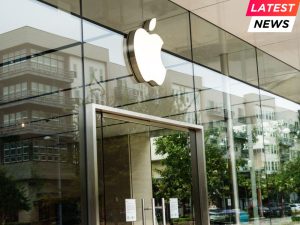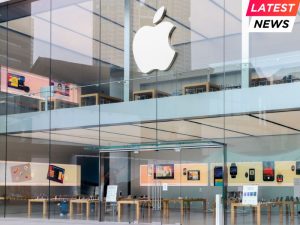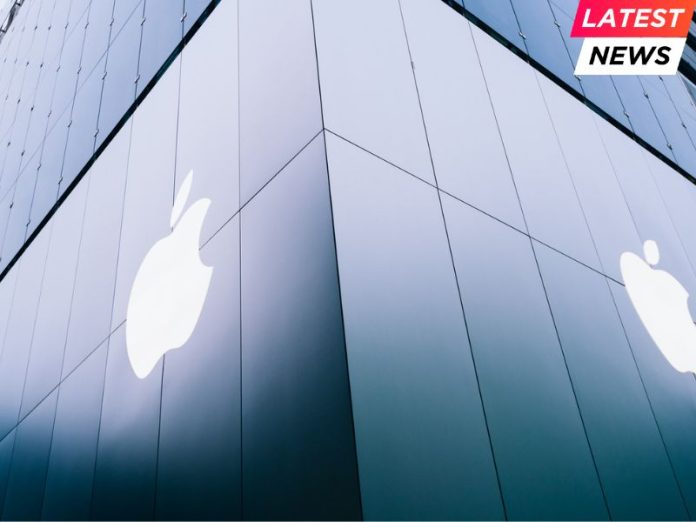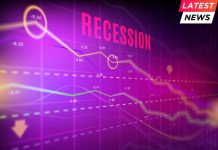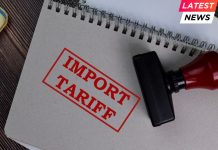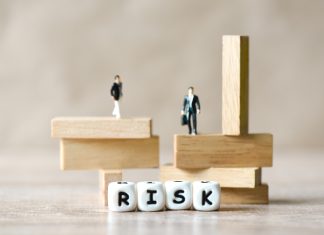Apple Inc. shares surged 15% on Wednesday, marking the tech giant’s best single-day performance in over two decades, after President Donald Trump announced a 90-day suspension of “reciprocal tariffs” that would have directly impacted Apple’s production hubs in Vietnam, India, and Thailand.
The rally added more than $400 billion to Apple’s valuation, pushing its market cap just shy of $3 trillion. The sharp uptick came as relief to investors following a brutal four-day stretch that had been Apple’s worst since 2000.
Apple’s resurgence reflects investor optimism that the company can continue to mitigate its exposure to U.S.-China trade tensions by accelerating its supply chain diversification strategy. Though the pause excludes China—where Trump simultaneously hiked tariffs on imports to 125%, up from 54%—tariffs on Vietnamese and Indian imports were significantly slashed. Vietnam’s tariffs dropped from 46% to 10%, and India’s from 36% to 10%.
These changes could be pivotal for Apple. With most of its revenue still stemming from hardware sales, the company remains vulnerable to import taxes. However, the lowered tariffs in Vietnam and India present a strategic advantage. Apple has spent years expanding operations in both countries, and Wednesday’s move could allow the company to redirect more production outside China while preserving access to the U.S. market.
“Apple’s tariff relief couldn’t have come at a better time,” said Marla Chen, a senior equity analyst at Raymond & Co. “It was already laying the groundwork to shift production. This gives them the tailwind they need to accelerate that plan.”
Still, challenges remain. While Apple gains breathing room in India and Vietnam, China remains a crucial piece of its global puzzle—not only as a manufacturing hub but also as its third-largest market by sales. China responded to Trump’s escalation with an 84% tariff on U.S. goods earlier this week, increasing the risk of a prolonged trade war that could threaten Apple’s sales in the region.
Wednesday’s tariff pause sent shockwaves through markets, lifting major indices. The Nasdaq Composite soared more than 12%, marking its second-best day ever.
Apple has yet to comment publicly on the developments. CEO Tim Cook is expected to address the topic during the company’s upcoming earnings call on May 1.
For now, Wall Street is cheering Apple’s rebound—one that recalls the company’s historic rally in January 1998 under Steve Jobs’ interim leadership, when its market cap was a mere $3 billion. Today, that figure is nearly 1,000 times larger, underlining Apple’s transformation from a struggling computer maker to a global tech behemoth—and its ability to navigate even the most turbulent political landscapes.
Related Readings:

